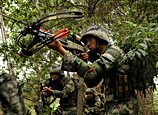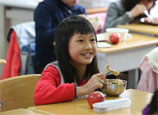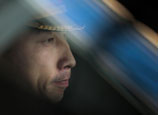
In his survey report, Lian describes the group of young teachers as "worker bees", who comprise the majority and do most of the work in a hive but are assigned a low status. Many people may not like the use of "worker bees" to describe the young intellectuals, but in more ways than one it is an apt description for the young teachers. In fact, it is an apt description for the whole group of teachers in China.
In 2010, the average annual salary of people employed in urban units was 36,539 yuan. The figure for Beijing was 65,158 yuan. All the respondents to Lian's survey are residents of big cities, their profession cannot be described as a high-paying one, because their cost of living is expected to be comparatively high. But given the stable nature of their jobs, and the high social status and other benefits that come with them — like urban hukou (household registration) and even their children's education — they cannot be classified as a "lower-income group" as almost half of the respondents claimed.
Teachers in schools and other institutions face more economic difficulties and job pressure than college teachers. Many primary- and middle-school teachers, especially those in the countryside, receive a low salary but shoulder a rather heavy teaching burden.
















 Nutritious lunch provided in Taipei's elementary school
Nutritious lunch provided in Taipei's elementary school


![]()
